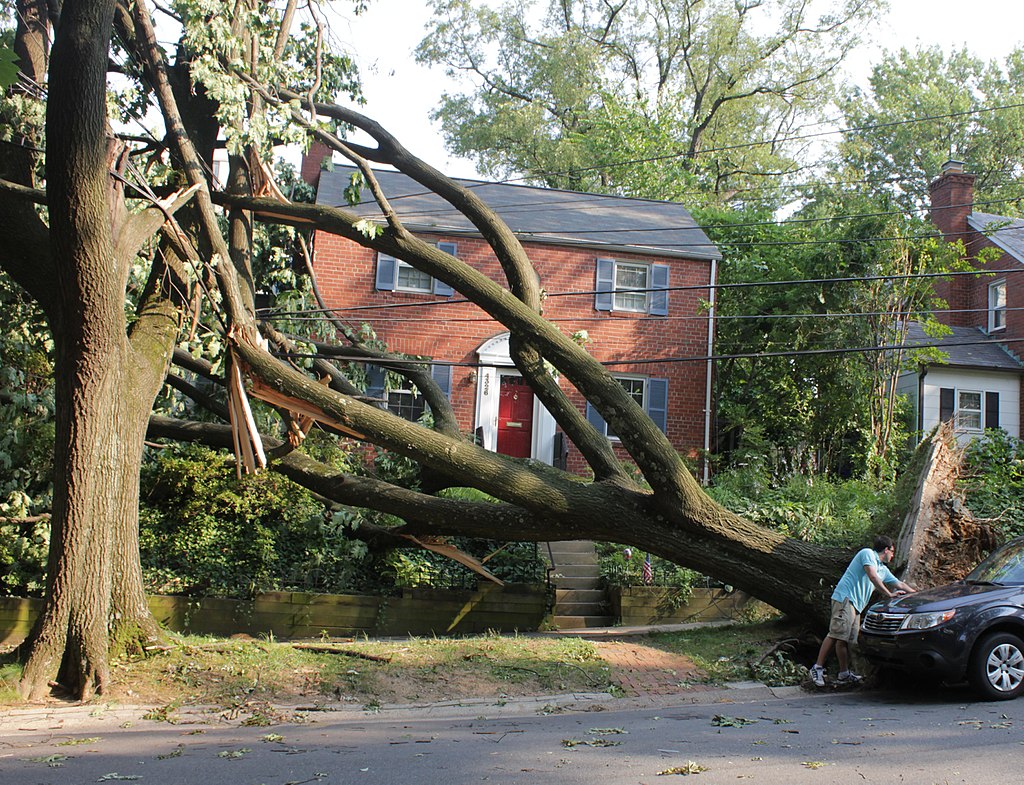Once again, weather-related devastation is serving as a wake-up call for local and state government agencies to improve their resiliency by developing microgrids.
This instance grew from an aggressive, fast-moving thunderstorm known as a derecho that struck the Mid-Atlantic states on June 29, 2012. The storm’s fierce winds, at times exceeding 80 mph, killed 13 people. An estimated 4 million customers lost power for nearly a week.

In response, one Maryland district—Montgomery County—decided to increase the resiliency of public facilities and prevent future events. Montgomery County developed two microgrids that incorporate solar generation, combined heat and power systems (CHP), energy storage, and advanced controllers.
The first hybrid project, located at the Public Safety Headquarters, incorporates 2 MW of solar PV, an 800 KW CHP system, electric vehicle charging stations, and a cybersecurity system. Another, sited at the Montgomery County Correctional Facility, pairs a 240 KW CHP system with existing generators and a cybersecurity system. Both of the Montgomery County microgrids were built in a public-private partnership with Duke Energy Renewables and Schneider Electric.
Following Montgomery County’s lead, the Maryland Energy Administration (MEA) launched Resilient Maryland, a grant program aimed at supporting microgrid project development, accelerating technology advancement, and driving growth in the adoption of microgrid and other distributed energy resource systems across the State of Maryland.

“By funding vital infrastructure projects, Resilient Maryland will support our state’s clean energy future while securing affordable, reliable energy for Marylanders who need it most,” Governor Larry Hogan said in a press statement. “This is just one more way that we are delivering on our commitment to innovative, common-sense initiatives that protect our environment and promote economic opportunity.”
As a result of the resiliency grants, Maryland has risen the ranks as a key state for microgrid project development. In the long-term, it hopes to attract private investment by jumpstarting projects with public funds. In 2020, MEA received 25 project proposals and awarded 14 grants totaling over $1.03 million.
Today the state is looking for more projects and is accepting applications for its 2021 grants. The MEA has allocated $600,000 in grant money for 2021 to support feasibility analysis, planning, and design of replicable microgrid projects. The $600,000 set aside for microgrids is part of a larger $5 million round of grants that will also fund sustainability projects that include combined heat and power and parking lot solar canopies with electric vehicle chargers. Proposals are due by January 29, 2021.
Visit the MEA’s Resilient Maryland website for more information or to apply.
